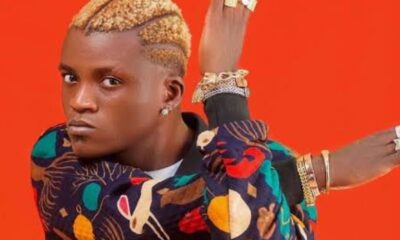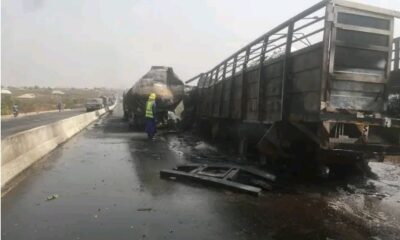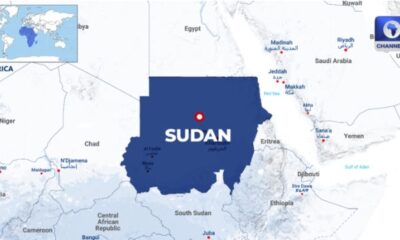News
Sad: Ondo SSG Is Dead
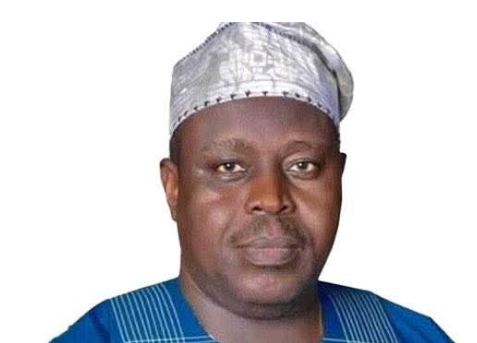
By Kayode Sanni-Arewa
The Secretary to the Ondo State Government, Tayo Oluwatuyi, on Saturday died in an auto crash.
The SSG died in the crash which occurred while he was traveling from Akure, Ondo State capital, to Ibadan in Oyo State.
Confirming the incident, Ondo State Commissioner for Information, Wale Akinlosotu, stated that Oluwatuyi was hospitalised before he gave up the ghost.
“Hon. Oluwatuyi was a dedicated public servant whose unwavering commitment to administrative coordination, policy advisory, and implementation had a significant impact on Ondo State.
“Further details regarding memorial arrangements will be shared as they become available,” he added.
News
Ex-Kwara gov Ahmed misappropriated N1bn UBEC fund — Witness
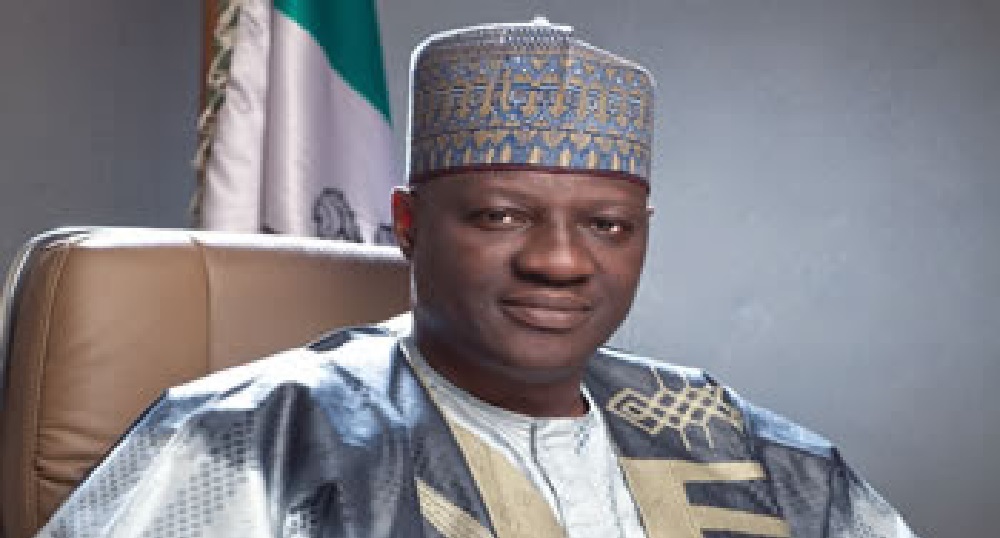
A witness in the ongoing trial of former Kwara State Governor, Alhaji Abdulfatah Ahmed, told the Kwara State High Court in Ilorin on Thursday that N1bn from the Universal Basic Education Commission Matching Grant was diverted to pay workers’ salaries and pensions in 2015—and was never repaid.
The Economic and Financial Crimes Commission is prosecuting the former governor on 14 counts related to the alleged misappropriation and theft of N5.78bn in UBEC funds.
According to a statement by the EFCC’s Head of Media and Publicity, Dele Oyewale, the fourth prosecution witness, Lanre Daibu, who was the Chairman of the State Universal Basic Education Board at the time, disclosed that the then Commissioner for Finance, Ademola Banu, requested the N1bn loan via a phone call.
Daibu said the board insisted on a formal letter to document the terms and secure repayment.
“Though they promised to repay the loan within one or two months, the N1bn was never refunded until the board was dissolved,” Daibu said while being led in evidence by EFCC counsel, Rotimi Jacobs (SAN).
Daibu testified that he was initially hesitant to approve the loan because UBEC funds are statutorily earmarked for basic education infrastructure, not salary obligations. He added that the board eventually received an official letter, marked as Exhibit 4, from the Kwara State Ministry of Finance bearing the governor’s endorsement.
The fifth prosecution witness, Benjamin Fatigun, a retired permanent secretary in the Ministry of Finance, corroborated the testimony.
He stated that Governor Ahmed approved the decision after the Ministry of Finance wrote to explain the state’s inability to pay salaries at the time.
“There was an official letter from the Ministry of Finance to the governor detailing the state’s inability to pay salaries. The letter suggested borrowing from SUBEB, and the governor gave the go-ahead. The fund was then transferred to the state’s salary account,” Fatigun testified.
Both witnesses were cross-examined by defence counsels, Kamaldeen Ajibade (SAN), and Gboyega Oyewole (SAN).
Fatigun reaffirmed that the financial crisis prompted the loan, which was obtained with the governor’s full approval.
Justice Mahmud Abdulgafar adjourned the case until Friday, April 11, 2025, for the continuation of the trial.
News
Ambassadorial list ready for NASS review after DSS clearance – FG

The Federal Government has concluded the vetting of persons nominated to fill diplomatic roles in its 109 missions, 76 embassies, 22 high commissions and 11 consulates globally, The PUNCH confirmed.
Multiple sources with knowledge of the process told The PUNCH that the relevant agencies had completed security and background checks on each nominee. However, the President, who is expected to transmit a consolidated list to the National Assembly earlier in the week, has yet to do so.
On April 2, President Bola Tinubu departed Abuja for Paris, France, on a two-week working visit.
“During the visit, the President will appraise his administration’s mid-term performance and assess key milestones,” Tinubu’s Special Adviser on Information and Strategy, Bayo Onanuga, revealed in a statement.
Onanuga said Tinubu would also use the retreat to “review the progress of ongoing reforms and engage in strategic planning ahead of his administration’s second anniversary.”
Multiple Presidency officials confirmed to our correspondent that with the vetting process over, the nominees were expected to be announced soon. However, no timeline was given for the transmission to the legislature.
“They have finished the DSS checks. That part is done. In fact, we were expecting the names to be out by yesterday or earlier than that. But so far, it looks like he (President Tinubu) still needs a little more time. Our eyes were up for this week. But it is confirmed that the background checks are over,” one official revealed, preferring to remain anonymous as he was not authorised to speak to the press.
Another source stated, “The names were supposed to be out earlier than yesterday (Wednesday). We’re not sure where the delay is coming from.”
Since September 2023, President Tinubu’s 4Ds—Democracy, Development, Demography, and Diaspora—Foreign Policy has operated without envoys.
That month, the President concluded a sector-wide reassessment of Nigeria’s foreign policy, which saw over 83 career and non-career ambassadors recalled from their stations.
Last December, reliable sources close to the President confirmed that Tinubu spent part of the Yuletide holidays reviewing the names of nominees with plans to transmit a consolidated list to the National Assembly before the end of the month. In January, however, sources told our correspondent that the President changed his mind.
The PUNCH gathered that the process suffered delays due to the paucity of funds—$1 bn—required to pay foreign service officials’ arrears, settle a backlog of overheads, replace ageing vehicles, and renovate embassy buildings.
One official, who spoke on condition of anonymity, said, “You see, the major issue is money. Not money to pay them [ambassadors], because how much is their salary and benefits? The main money is CAPEX (Capital Expenditure). By the time they put the cost together to fix the issues, it is running to almost $1bn.”
The Minister of Foreign Affairs, Yusuf Tuggar, had also attributed the delay to financial constraints.
“It is a money problem,” Tuggar said during a ministerial briefing in Abuja last May. He argued that appointing ambassadors without the financial resources to support their travel and the effective running of missions abroad was pointless.
“We met a situation where Foreign Affairs was not being funded like it should be. There is no point in sending out ambassadors if you do not have the funds for them to even travel to their designated country and run the missions effectively; one needs funding. Mr President is working on it, and it will be done in due course,” Tuggar explained.
After nomination by the President, the names of ambassadors-designate are forwarded to the Senate for screening and confirmation.
The Senate Committee on Foreign Affairs typically conducts interviews to assess the nominees’ credentials, diplomatic experience and commitment to serving Nigeria’s interests abroad.
Once the committee approves them, the full Senate votes on their confirmation. If confirmed, the nominees are then formally appointed by the president.
Following confirmation, the newly appointed ambassadors undergo an orientation programme organised by the Ministry of Foreign Affairs, which covers Nigeria’s foreign policy objectives, the host country’s context and expectations for diplomatic conduct.
Ambassadors then receive their Letters of Credence—an official document from the president—and present these credentials to the head of state (or government) in their assigned country.
Only after this ceremony are they recognised as Nigeria’s formal representatives, able to engage in diplomatic duties such as negotiation, consular services and fostering bilateral relations.
Impeccable sources attributed the delay to “last-minute changes” to the list of nominees.
“What I learned is that there are some last-minute changes to be made because once you release names like these, it becomes embarrassing for the government to start changing and apologising.
“If you pick someone who turns it down, it could embarrass the President. I know we were expecting it on Monday and Tuesday.
“The names were expected this week. But I can assure you that the DSS and the other agencies have done the bulk of their part. If there are some remaining, it should be one or two. But they have done their part,” a Presidency official said.
However, a highly placed foreign service officer familiar with the circumstances revealed that the President has been reluctant to bow to pressure to appoint envoys.
The official noted that the President was convinced that the monies meant for the deployment could be better used to address pressing domestic issues.
“From what I have seen, the President is reluctant to do this because of the cost. He feels the money could be used for more pressing issues at home, such as domestic reforms.
“You know, there is a lot of pressure internationally from the diplomatic community, the diaspora and general stakeholders. He’d rather use those funds for domestic issues, which feel more urgent.
“It is going to be released. But it is not clear how soon. I’ll be quite surprised if they are deployed early in the year. The process is slow,” the official told our correspondent.
The President’s Special Adviser on Information and Strategy, Mr Bayo Onanuga, who explained the delays, said that nominations for diplomatic roles must be thorough before a final list is transmitted to the National Assembly.
“Don’t forget that the ambassadorial list has two components. There are career ambassadors and political ambassadors. The foreign affairs and consolidated list will still go through certain processes before it is released,” Onanuga said.
News
ACF condemns politicians over early 2027 election campaigns
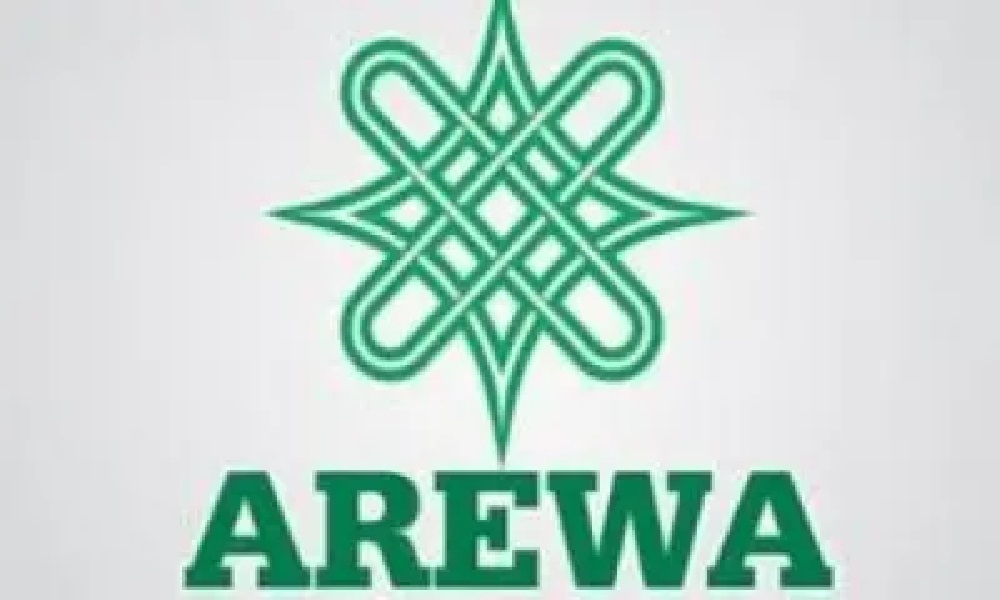
The Arewa Consultative Forum has criticised politicians in the country for engaging in premature campaigns ahead of the 2027 general elections, urging them instead to focus on tackling the country’s deepening socio-economic and security challenges.
Speaking at the ACF National Executive Committee meeting in Kaduna on Thursday, the Forum’s Chairman, Mamman Osuman, described the early politicking as insensitive and misplaced, especially in the face of worsening insecurity, poverty, and poor governance.
“Individual utterances and media exposés relating to the upcoming 2027 elections are already hitting the airwaves. This momentum should take the back burner while emphasis is placed on governance that addresses the daily suffering of our people—suffering caused by brigandage, terrorism, kidnapping, mass murders, hunger, and diseases,” Osuman said.
He called on politicians to put aside their personal ambitions and focus on alleviating the hardships of everyday Nigerians, citing recent violent attacks in Plateau, Borno, and Edo states, and the dispute between Kogi and Enugu states over the Ette community land.
“The sad resurgence of terror attacks in Bokkos, the gruesome assassination of northerners in Uromi, and renewed Boko Haram attacks in Borno State paint a disturbing picture of national insecurity. These are further worsened by economic recession, rising cost of living, poor healthcare, and expensive transportation,” he noted.
Osuman urged the ACF to emulate leaders like Martin Luther King Jr., Indira Gandhi, and Nelson Mandela by “speaking truth to power” and becoming a true voice for the voiceless in northern Nigeria.
The Forum also expressed concern over boundary-related tensions, calling on the National Boundary Commission to expedite the demarcation process between Kogi and Enugu states to avoid further conflict.
“The ACF is engaging the Director General of the National Boundary Commission to ensure that the boundary dispute is resolved swiftly and peace returns to affected communities,” he said.
Reaffirming its commitment to national unity and development, the ACF called for immediate support to communities affected by violence and land disputes, emphasising that “those who wish to lead Nigeria must first show respect for the rule of law.”
-
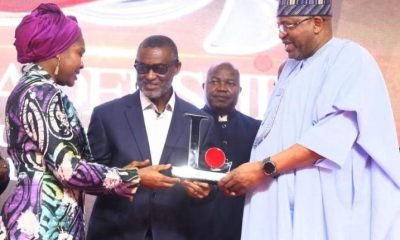
 News19 hours ago
News19 hours agoAgain, FCT minister emerges winner of quinquennial Leadership award
-
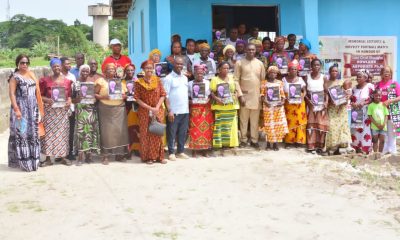
 News23 hours ago
News23 hours agoFormer HoR aspirant empower Iwhreko Community women with soft grants
-

 News13 hours ago
News13 hours agoAkpabio wants Senator Natasha jailed over inflammatory comments
-

 News2 hours ago
News2 hours agoAmbassadorial list ready for NASS review after DSS clearance – FG
-
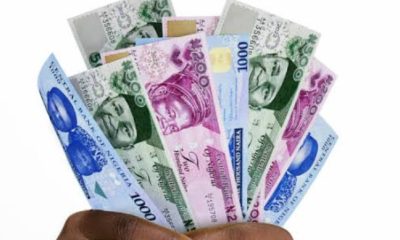
 News21 hours ago
News21 hours agoSEE Current Black Market Dollar (USD) To Naira (NGN) Exchange Rate
-
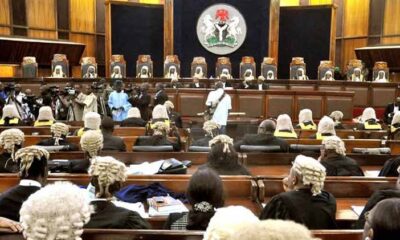
 News13 hours ago
News13 hours agoSenior lawyer caution against misinterpretation of Supreme Court Judgement
-
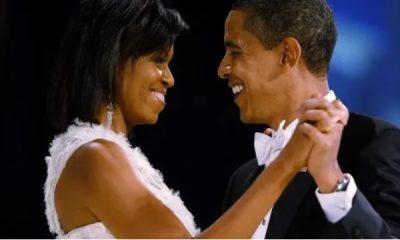
 News10 hours ago
News10 hours agoMichelle Obama Speaks In Alleged Failed Marriage with Her Husband Barack Obama
-

 Education17 hours ago
Education17 hours agoJAMB deploys decoy website to tackle examination malpractices




